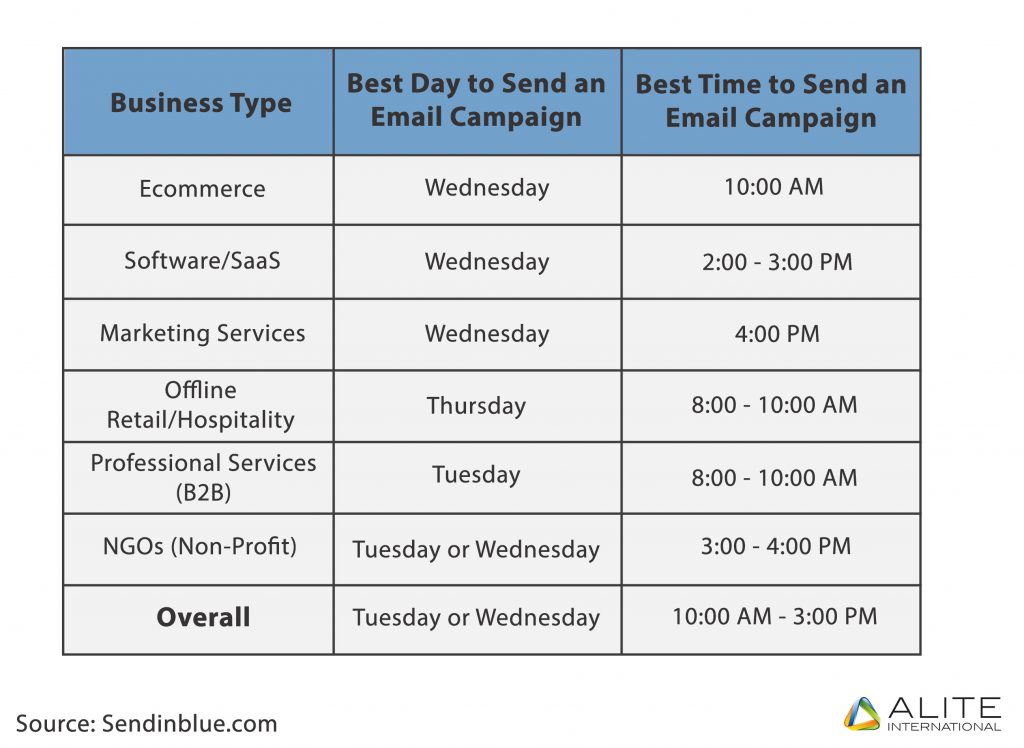
Adwords' match types allow you to choose the most relevant ads. Exact match ads are triggered when a search query contains your keyword, and are the most relevant and limited in their reach. They only appear to customers who search for that exact word or phrase, so you may want to choose this option only for certain keywords. You also have the option of selecting close variants that don't contain synonyms.
Phrase match
Adwords match types can have a significant impact on your campaign's success. Phrase match is a newer match type that uses more specific wording. The keyword must be meaningful and can be combined with additional text. This type works in a similar way to broad match. It shows ads to users with related searches.

While phrase matches are more specific than broad matches it still allows for a lot flexibility. This match is great for businesses that need order. Wellington Hotels could serve as an ad in unwanted searches, if it's placed under a phrase matching. Because the brand name is in a specific order, its ad is triggered by searches for Wellington Hotels that include the exact word order.
Exact match
You can target specific words of your customers by using the exact match type. This type will allow you to include the keyword within square brackets. You can display an ad for your product or service if someone is looking for ceramic pots. This type has strict display limits, but it has the highest relevancy and lowest reach. It only appears when someone searches for the keyword. It has the advantage of targeting customers with similar searches. Therefore, your ad will not appear if someone searches for another keyword.
In addition to exact matches, you can also use phrase matches and close variants. These types are not as specific as exact matches, however they're highly targeted. With phrase matches, you can specify the similarity of the query and get more impressions.
Negative match
Negative match types in Adwords allow you to set the keywords you don't want to appear for. This can be beneficial for capturing leads and preventing irrelevant ads from showing up. Look at the search query report to find out your negative keywords. When you add negatives, be sure to specify the match type. The checkbox tool can be used to add negatives to a specific match.

Exact match is the default setting for keywords. This type of match is the most flexible. But, this can mean that ads may appear for queries that aren't exactly the same as your keywords. To limit queries that may contain synonyms or grammar mistakes, you might want to exclude these keywords from your ads.
FAQ
How can I choose my target audience
Start with yourself and those close to you. You might be unsure where to begin. Ask yourself: "Whom am I trying to reach?"
Ask yourself these questions. Who are the most influential people within my industry? What problems do they deal with daily? Who are my top-ranking people? Where can they be found online?
Go back to the beginning when you started your business. Why did your start? What problem were you able to solve and how did this happen?
These answers will help you identify who your ideal clients are. They will also reveal their personality and reasons for buying from them.
To get clues about who they cater to, you can also check out your competitors' social media pages and websites.
Once you have identified your target customer, you need to decide the best channel to reach them. If your company offers services to real estate agents you might make a website that targets home buyers.
A blog that targets small-business owners could be a possibility if you are a software provider.
You could also create a Facebook account for teens if you sell clothing. Or if you're a restaurant owner, you could set up a Twitter account for parents looking for kid-friendly places to eat.
You have many options to convey your message.
What is advertising's main purpose?
Advertising isn’t about selling products.
Advertising is communicating ideas and values. It's about changing minds and attitudes. And it's about building relationships.
It's all about making people feel good about themselves.
If you don't understand your customers' needs, you can't market to them.
So before you start any advertising project, you should first understand your customer's needs and wants, and buying habits.
Then, you can create ads that resonate.
What is branding exactly?
Your brand is your way of communicating who you are as well as what you stand behind. It's how you make people remember you when they hear your name.
Branding refers to creating a brand that is memorable for your company. A brand is more than just a logo. It includes everything from your physical appearance and the voice of employees.
A strong brand helps customers feel confident in buying from you because they know exactly what they're getting. And it gives them confidence in choosing your products over those of competitors.
Apple is an example of a well-branded business. Apple is a well-known brand for its elegant design, high quality products and excellent customer service.
Apple's name has become synonymous for technology. People think of Apple whenever they see a computer or smartphone.
If you're considering starting a new business, you should consider developing a brand before launching. This will give you and your business a face.
What are your thoughts on television advertising?
Television advertising can reach a lot of people quickly and is very effective. It was also extremely expensive. However, it can be powerful if you use the device correctly.
There are many different types of TV ads, but they all have certain common characteristics. It is important to make sure that your TV ad fits into the appropriate category. You shouldn't attempt to make a lifestyle commercial the same as a product ad. Your message should stay consistent throughout the campaign.
Second, prime-time hours are the best times to air your ads. This is because most viewers watch TV while relaxing in front of the set. You want them to be comfortable enough to listen to your words.
Don't assume that just because you have lots of money, you will achieve great results. It may be the reverse. A study conducted by the University of California found that commercials aired during popular shows were less likely to sell products than those aired during unpopular shows. It is important to do the right thing if your TV advertising budget is large.
What is an advertiser buyer?
Advertising space is purchased by an advertiser on TV, radio and printed media.
Advertisers are charged for the time their message will appear.
They don't necessarily want the best ad, but they are more interested in what is most effective at reaching their target audience.
An advertiser might have information specific to their potential customers such as age and gender, marital status or occupation, hobbies, interests, income, etc.
This information can be used by advertisers to decide which media works best for them. For example, they might decide that direct mail would be more effective with older audiences.
Advertisers also consider the competition. Advertisers will look at the competition to see if similar businesses are nearby.
Advertisers should also consider the budget they have and how long they plan to spend it before it expires.
What is an Ad Campaign?
Advertising campaigns are a series or advertisements that promote a product. It can also refer to the whole production of such ads.
The Latin word "to sell" gave rise to the term "ad". Marcus Terentius Varro (116–27 BC), was the first to make it a verb, meaning "to make sale".
Advertising campaigns are most often done by large agencies or businesses. They may involve many different media types, including print, television, radio, internet, etc.
Advertising campaigns can last up to six months and have specific goals. For instance, some campaigns aim to generate awareness while others focus on increasing sales.
Is it possible for traffic to be free?
The traffic that is free comes from organic search results and does not require you to pay for ads. This is also known as organic or natural traffic. There are many ways to get free traffic, such as article marketing, social media marketing, blogging, etc.
Article Marketing is an excellent way to generate free traffic. The CPC is usually very cheap compared to paid ads. Content marketing is also known by the term article marketing.
Social Media Marketing- You can promote your business using social media sites like Facebook and Twitter. These platforms allow you to share updates, photos, and establish relationships with potential customers. Many businesses opt to purchase ad space on social networks because they want to reach a larger audience for a more affordable price.
Blogging - Another great way to generate traffic is blogging. You'll attract visitors if you write quality content that people enjoy reading. Once you're attracting visitors, you can monetize your blog by selling products or services.
Email Marketing: Email marketing is a proven method to increase traffic to your website. Sending emails regularly is a good strategy to grow your list of subscribers and eventually sell them something.
Statistics
- Nonetheless, advertising spending as a share of GDP was slightly lower – about 2.4 percent. (en.wikipedia.org)
- It collects money from the advertisers, keeps 32% for its role in facilitating the process, and the remaining 68% goes to the publisher (you). (quicksprout.com)
- It's 100% reliant on your website traffic. (quicksprout.com)
- Worldwide spending on advertising in 2015 amounted to an estimated US$529.43 billion. (en.wikipedia.org)
External Links
How To
How can I advertise through Google?
AdWords can be used by businesses to advertise using keywords that they are interested in. Set up your account first. Set the budget, select the campaign name, and then add keywords. Next, you will bid for those keywords. Clicking on an advertisement will only result in you being paid if the click is from someone who searched one of your targeted keyword phrases. You get paid even if people don't purchase anything.
Google has many tools to help you ensure your ads work. These tools include Ads Preferences Manager and Keyword Planner. These let you determine which strategy is best for you business.
Keyword planners help you choose the keywords that will be used in your campaigns. It will also show you the competition for keywords and help you decide if you should spend money bidding.
You can use Ads Preferences Manager to change settings like the maximum number of impressions per day and the minimum cost per click.
Analytics allows you to track and compare the performance of your ads with those of other advertisers. You can also view reports showing how well your ads performed compared to others.